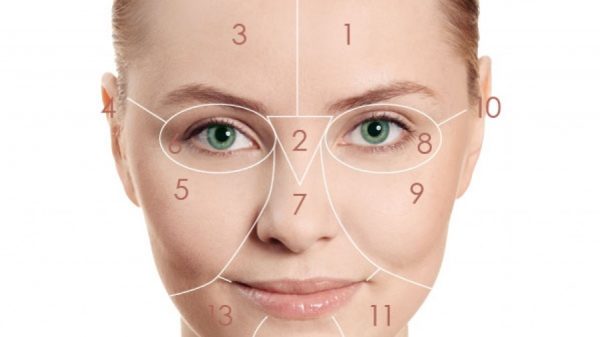In the digital age, technology has permeated every facet of our lives, including our pursuit of mental well-being. As society becomes more attuned to the importance of mental health, the intersection of technology and wellness has given rise to a new era in mental health care. From meditation apps to virtual therapy platforms, the landscape of wellness technology is transforming how we approach, manage, and prioritize our mental well-being.
The Rise of Wellness Technology:
Wellness technology refers to the integration of digital tools, apps, platforms, and devices into our daily routines to support mental and emotional well-being. It’s a dynamic field that leverages the power of technology to make mental health resources more accessible, personalized, and effective.
Benefits of Wellness Technology in Mental Health:
- Accessibility: Wellness technology breaks down barriers to accessing mental health resources. It provides immediate support, especially in areas where traditional services might be limited.
- Personalization: Many wellness tech solutions offer personalized experiences based on individual needs and preferences, tailoring interventions to each user’s unique mental health journey.
- Convenience: With wellness technology, support is available anytime, anywhere. Whether you’re seeking stress relief during a busy workday or managing anxiety at home, help is just a click away.
- Reduced Stigma: Wellness technology fosters a more discreet way to seek help. Users can access resources privately, reducing the stigma often associated with mental health challenges.
- Data-Driven Insights: Some wellness tech platforms track user data and behaviors to offer insights into mood patterns, triggers, and progress, empowering individuals to better understand their mental health.
Key Wellness Technology Tools in Mental Health:
- Meditation and Mindfulness Apps: Apps like Headspace, Calm, and Insight Timer offer guided meditation, breathing exercises, and mindfulness practices that help manage stress, anxiety, and improve emotional regulation.
- Virtual Therapy Platforms: Teletherapy platforms connect users with licensed therapists via video calls, making professional mental health support more accessible and convenient.
- Mood Tracking Apps: These apps allow users to log their emotions, activities, and triggers, helping them identify patterns and gain insights into their mental well-being.
- Stress Management Apps: Stress management apps offer techniques such as deep breathing exercises, progressive muscle relaxation, and biofeedback to help individuals cope with stressors.
- Sleep Improvement Tools: Sleep plays a critical role in mental health. Wellness tech tools like sleep trackers and apps can help users monitor sleep patterns and establish healthier sleep habits.
- Positive Psychology Apps: These apps promote gratitude, positive thinking, and resilience-building activities to enhance overall well-being.
A Holistic Approach to Mental Wellness:
While wellness technology offers numerous benefits, it’s important to remember that it complements rather than replaces traditional mental health care. In some cases, technology serves as a bridge, connecting individuals to professional help and resources they might not have accessed otherwise. The key is to approach wellness technology as part of a holistic approach to mental wellness, integrating it with self-care practices, social support, and professional guidance.
Embracing the Future:
Wellness technology has the potential to democratize mental health care, making it more inclusive, adaptable, and responsive to the diverse needs of individuals. As technology continues to evolve, so does the landscape of mental health care. By embracing wellness technology, you’re embracing a new era of mental well-being, where support, resources, and empowerment are at your fingertips, fostering a healthier and more resilient mind.











